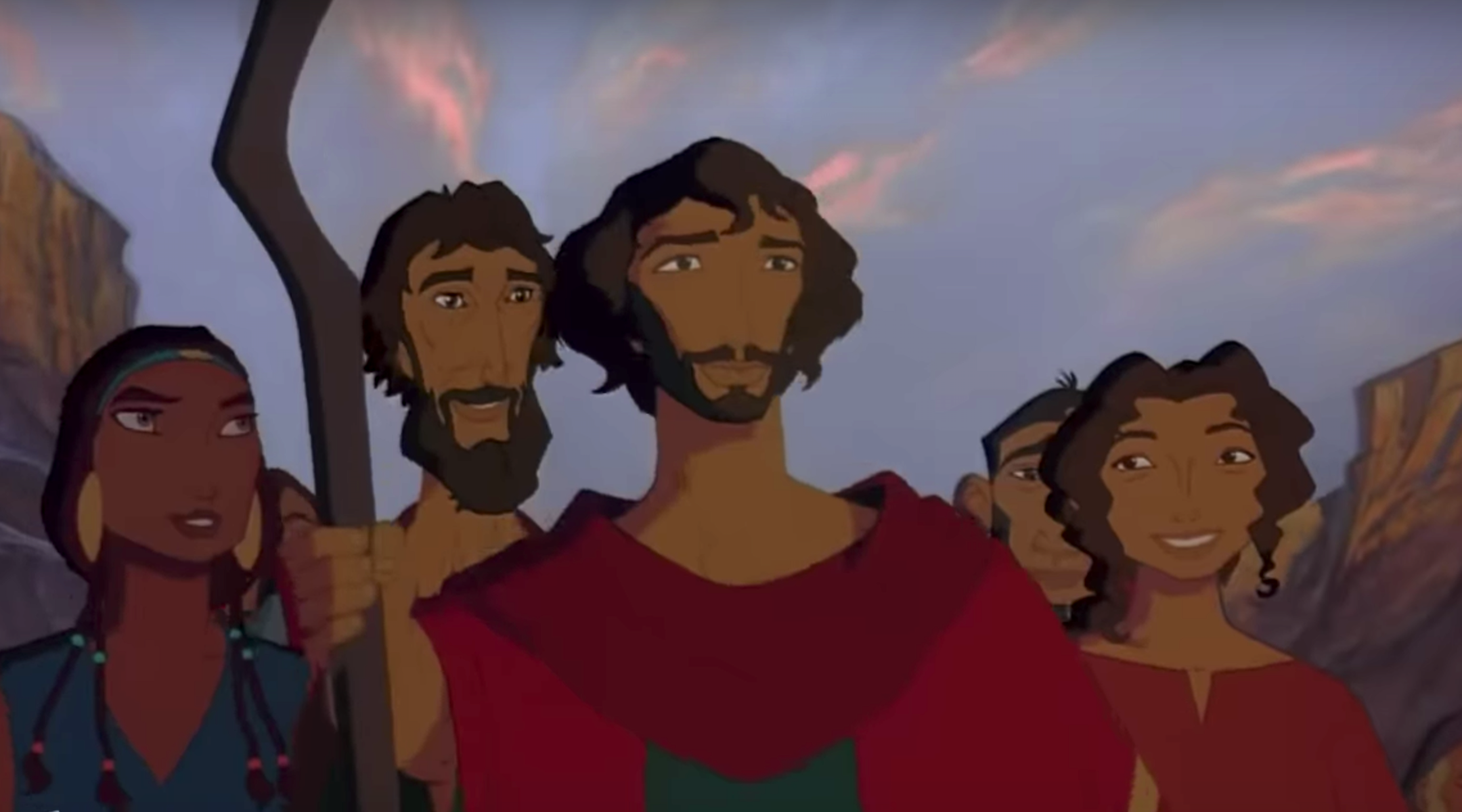“Prince of Egypt,” a full-length animated feature on the life of Moses, won’t premiere until Dec. 18, but the publicity buildup is already in full swing.
What is known already is that among the prodigious feats of computer- generated animation will be 7 million locusts, 16,000 Israelites fleeing Egypt and a spectacular 4-minute parting of the Red Sea.
Taking no chances, the producers have consulted some 500 religious leaders of all faiths – and the staff includes a full-time liaison to the Jewish community.
The film’s look will draw on the epic cinematic style of director David Lean – who made “Lawrence of Arabia” — the paintings of impressionist Claude Monet, and the biblical illustrations of the 19th century French artist Gustave Dore.
The voice of Moses will be actor Val Kilmer, and other voice parts will go to Michelle Pfeiffer and Ralph Fiennes. When God speaks, it will likely be a combination of voice, sound effects and music.
For the Dream Works SKG studio, headed by the power trio of Steven Spielberg, Jeffrey Katzenberg and David Geffen, much is at stake. Since its launch with much fanfare three-and-a-half years ago, Dream Works has not come up with a certified hit.
In particular, it’s up to Katzenberg, who split with the Walt Disney Studio in 1994, to prove that he can equal or surpass his earlier Disney animation hits of “Beauty and the Beast,” “Aladdin” and “The Lion King.”
Dream Works faces some tough marketing problems with its $50 million to $60 million project. The studio must convince moviegoers that “Prince of Egypt” is not a cartoon for kids, but a serious feature for sophisticated adults.
As part of this strategy, Katzenberg has vowed to fight a possible G rating and insist on a PG label.
To avoid being taken as a preachy religious tract, the Moses saga is being promoted in advance as the ultimate action-adventure film, pitting Moses against Pharaoh Ramses II.
The lofty subject of the film will preclude marketing a line of gimmicky merchandise tie-ins, which sometimes bring in more money than the movie itself.
“There will be no burning bush nightlights, no Red Sea shower curtains that split in the middle, and no 40-days-in-the-desert water bottles,” said Sandra Rabins, one of the film’s producers.
JTA has documented Jewish history in real-time for over a century. Keep our journalism strong by joining us in supporting independent, award-winning reporting.
The Archive of the Jewish Telegraphic Agency includes articles published from 1923 to 2008. Archive stories reflect the journalistic standards and practices of the time they were published.




